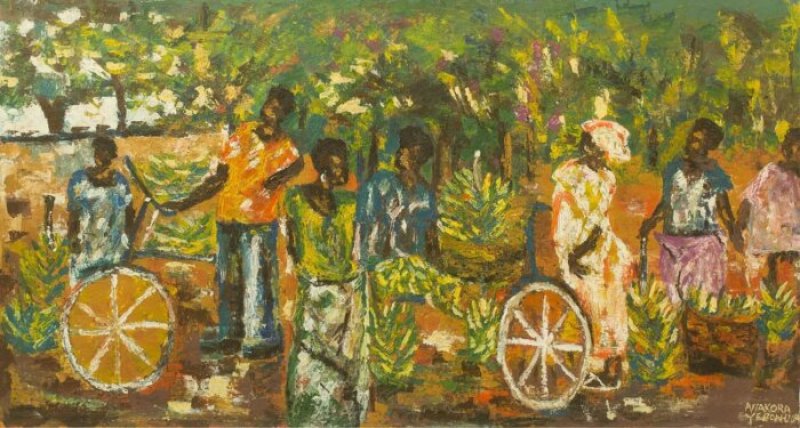A Research Scientist, Dr. Richard Ampadu-Ameyaw, has indicated that genetically modified organisms (GMOs) have played major roles in addressing challenges in the agricultural sector.
According to him, commercialising GMOs will help address the rising food prices, growing food import bill and the impact of climate change.
Speaking at a training for journalists on GMOs, Dr. Ampadu-Ameyaw urged journalists to help propagate the benefits of adopting biotechnology.
“GMOs promise to give such as resolving the issues of poverty, malnutrition, hunger, income issues of farmers. We believe low productivity can also be addressed with GMOs. However, we would not say it’s the panacea but it is contributing to resolving the issues in the sector,” he said.
…
Executive Member of the Alliance for Science, Reuben Quainoo explained the rationale behind organizing a workshop for journalists on biotechnology.
“This workshop looked at a few of the crops scientists we are working on; BT Cowpea and the NEWEST Rice. Also we wanted to bring journalists together to educate and teach them what is going on in the labs and how they can better report it. The truth of the matter is that reports on GMOs are very scanty and we want to clear bad perceptions about GMOs,” he stated.































